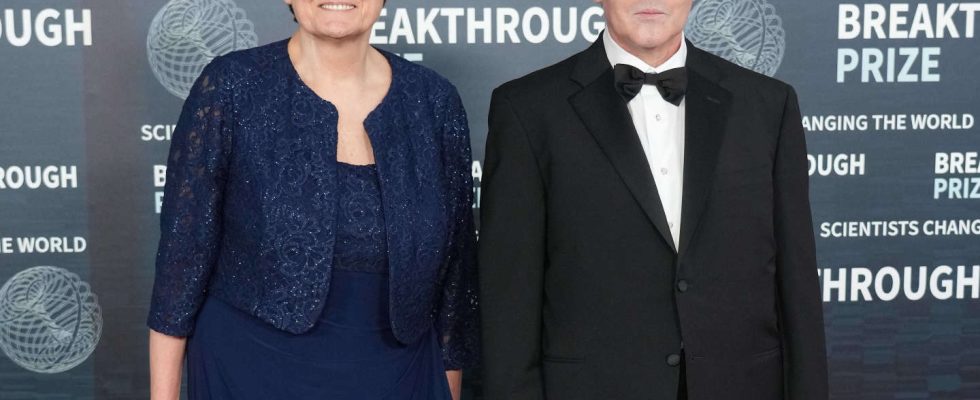The Nobel Prize in Medicine faces the recurring criticism of only rewarding old scientists, preferably men, almost always far from their discovery. And if possible unrelated to current events. This time the jury took the opposite path. Monday, October 2, he chose to reward the Hungarian Katalin Kariko, vice-president of BioNTech, and the American Drew Weissman, professor of vaccinology at the University of Pennsylvania for their decisive contribution to the development of the messenger RNA vaccine . In other words, a woman and a man, both in their sixties – almost toddlers in the rankings – and this less than three years after the first use of this revolutionary technology.
It must be said that, in the meantime, the messenger RNA vaccines from Pfizer/BioNTech and Moderna have shaken up the world of research and health. The world, in short, in truth. In the international race for immunization against Covid-19, these newcomers have overtaken all previous technologies – with inactivated or attenuated viruses, with recombinant proteins, with a viral vector. In ten months, the two laboratories have developed safe and protective vaccines. With an effectiveness of 95% against the initial strain, they even show better results than all their competitors. In Western countries, in North America and Europe in particular, they constitute the overwhelming majority of doses administered. Without taking the slightest risk, we can therefore affirm that the more than 13 billion injections of messenger RNA vaccines already carried out have made it possible to avoid a much more deadly catastrophe.
The two scientists have already reaped a nice harvest of prizes. The Breakthrough prize – the most endowed –, the very chic Princess of Asturias prize and the prestigious Lasker were notably awarded to them. The French Academy of Sciences also awarded its major medal to Katalin Kariko. All that was missing was the laurels of the Swedish Academy, which everyone had been promising them for two years. It is now done.
Revolutionary puzzle
However, we must be wary of false evidence. “People need to know that this is not a one-off experiment that we did and that the vaccine was not made in ten months, said Drew Weissman at New York Times. We modified the messenger RNA and we got the honors, but the vaccines are based on more than twenty years of work by Kati and me and the work of hundreds, if not thousands, of other scientists. » The list thus leaves in the shadows those who came before, such as the Americans Robert Malone and Philip Felgner, the first to have shown, in 1990, that a mixture of messenger RNA and fats could enter cells and produce proteins. Or the French Frédéric Martinon and Pierre Meulien, who established, in 1993, that messenger RNAs encapsulated in lipid spheres could trigger an immune response.
You have 67.76% of this article left to read. The rest is reserved for subscribers.

